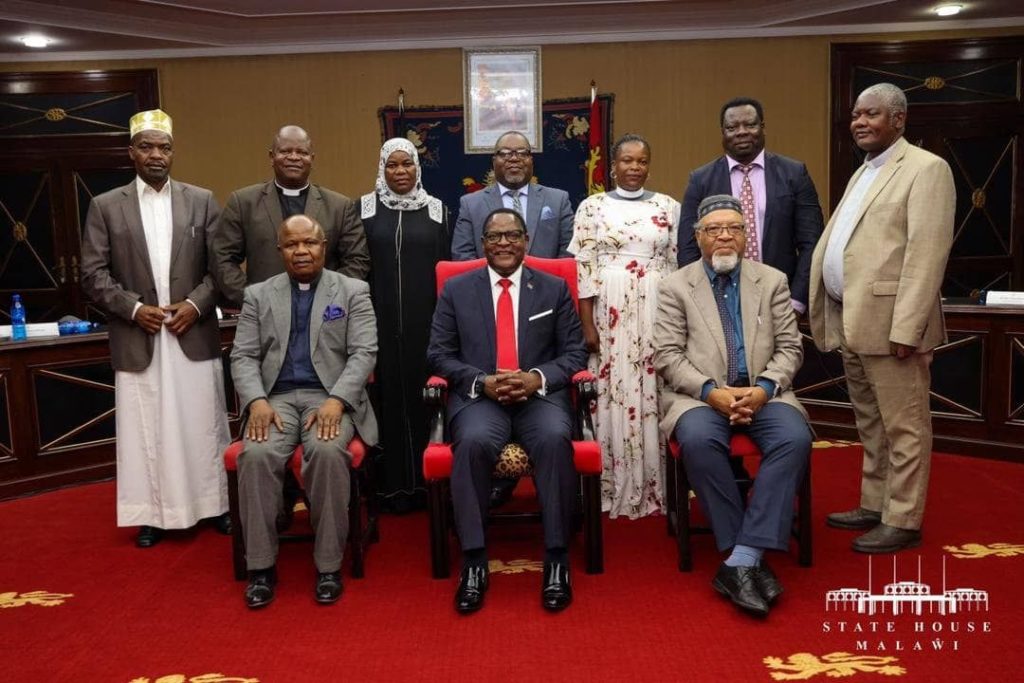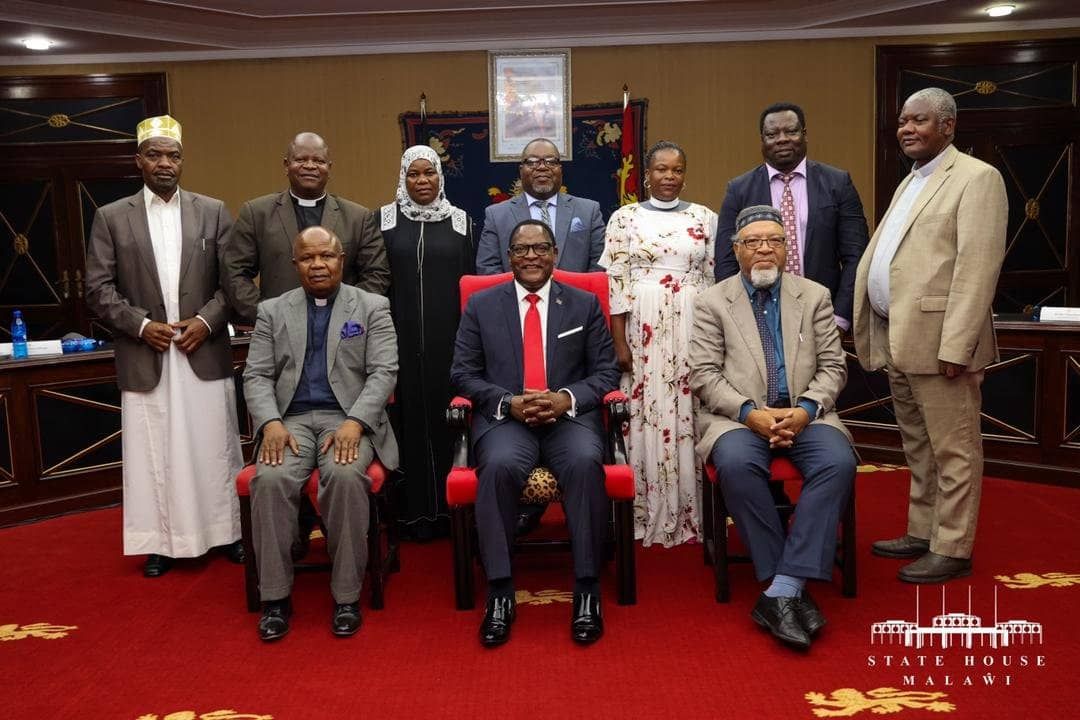By Twink Jones Gadama
The Public Affairs Committee (PAC) in Malawi, once a highly respected institution known for its advocacy and accountability, has seemingly lost its focus and failed to uphold its principles in the face of political turmoil. As the country grapples with democratic challenges and a growing sense of authoritarianism, PAC has remained silent and inactive, betraying the very values it was founded upon.
One of the most glaring failures of PAC was its response to the blatant disregard of parliamentary standing orders by the Speaker, Catherine Gotani Hara. Despite knowing that the Speaker was deliberately flouting the rules by not recognizing the opposition DPP’s chosen leader of opposition, Mary Navitcha, PAC chose to remain although Gotani defended her stance citing injunction that was sought by kondwani nankhumwa made her not recognise Navitcha. This was not to be like that as the legislature is an independent arm of government governed by its own standing orders and the speaker used injunction as a scapegoat. This inaction allowed the Speaker to continue with her dictatorial tendencies, refusing to accommodate dissenting views from the opposition and even going as far as to chase away DPP members for speaking out against her biased actions.

The passivity of PAC in the face of such blatant disregard for democratic principles and rule of law is truly disheartening. The once respected institution has now become a mere bystander, watching as the Speaker of Parliament undermines the very foundations of democracy in Malawi. It is evident that PAC has lost its way and its ability to stand up for what is right, regardless of political affiliations.
The Speaker’s partisan behavior and lack of impartiality in her role as Speaker should have been condemned by PAC. Instead, the institution chose to remain silent, failing to fulfill its mandate of holding those in power accountable and ensuring fairness and justice in the political arena. This failure to speak out against the erosion of democratic principles in Malawi calls into question the relevance and effectiveness of PAC in its current form.
Under Chakwera’s leadership, Malawi has faced numerous challenges, with the currency being devalued and losing its value rapidly. The economic situation in the country has deteriorated significantly, leading to increased suffering among the population, especially the poor and marginalized.
Despite these hardships, PAC has remained oddly quiet and seemingly indifferent to the plight of the people. This has raised concerns among many Malawians who expect PAC to speak out against government failures and hold those in power accountable.
One of the reasons behind PAC’s silence could be its close ties to the MCP, with many of its members having an MCP DNA. This has raised suspicions that PAC may be biased in its actions and unwilling to criticize the government, even when it is failing to address the needs of the people.
The lack of action from PAC is not only disappointing but also detrimental to the well-being of Malawians. The organization was once seen as a beacon of hope and a champion of the people’s rights, but its current stance has left many disillusioned.
There is a growing call for a complete overhaul of the leadership at PAC to bring back the organization’s integrity and independence. The need for a PAC that is free from partisan politics and corruption is paramount if it is to regain the trust and respect of the Malawian people.
PAC has a long history of advocating for justice, democracy, and good governance in Malawi. It is imperative that the organization upholds these principles and stands up for the people, especially in times of crisis.
The Public Affairs Committee (PAC) played a significant role during the reign of President Bingu wa Mutharika in Malawi, advocating for good governance, human rights, and democratic principles. The organization acted as a voice for the Malawian people, holding the government accountable and pushing for policy changes that would benefit the citizens of the country.
One of the key areas where PAC made a difference during President Bingu wa Mutharika’s reign was in advocating for transparency and accountability in government. The organization called for greater transparency in government decision-making processes and pushed for the disclosure of information to the public. This led to greater awareness among the citizens of Malawi about the actions of their government and helped to hold officials accountable for their actions.
PAC also played a crucial role in advocating for human rights during President Bingu wa Mutharika’s time in power. The organization was instrumental in highlighting human rights abuses, such as police brutality and political repression, and pushing for justice for victims of these abuses. PAC’s efforts helped to shine a light on these issues and put pressure on the government to address them, leading to improvements in human rights protections for the people of Malawi.
In addition to its advocacy work, PAC also played a role in promoting democratic principles and good governance in Malawi during President Bingu wa Mutharika’s reign. The organization organized voter education campaigns, promoted civic participation, and monitored elections to ensure that they were free and fair. PAC’s efforts helped to strengthen democracy in Malawi and ensure that the voice of the people was heard in the political process.
Overall, the role that PAC played during President Bingu wa Mutharika’s reign benefitted Malawians in several ways. The organization’s advocacy for transparency and accountability in government helped to increase public awareness and hold officials accountable for their actions. PAC’s work in promoting human rights led to improvements in the protection of human rights for the people of Malawi. Additionally, the organization’s efforts to promote democratic principles and good governance helped to strengthen democracy in the country and ensure that the voice of the people was heard in the political process.
It is time for PAC to reevaluate its priorities and realign with its original mission of advocating for good governance, transparency, and accountability. The institution must not shy away from calling out injustice and corruption, even if it means confronting those in power. If PAC continues to remain inactive and complacent in the face of such brazen violations of democratic norms, it risks losing its credibility and legitimacy as a voice for the people.
In conclusion, the betrayal and failure of PAC in Malawi are evident in its silence and inaction in the face of political turmoil and authoritarianism. The institution must reexamine its role and purpose, and take decisive action to uphold its principles and advocate for the values it claims to stand for. Otherwise, PAC risks becoming irrelevant and toothless in the fight against corruption and injustice in the country.



